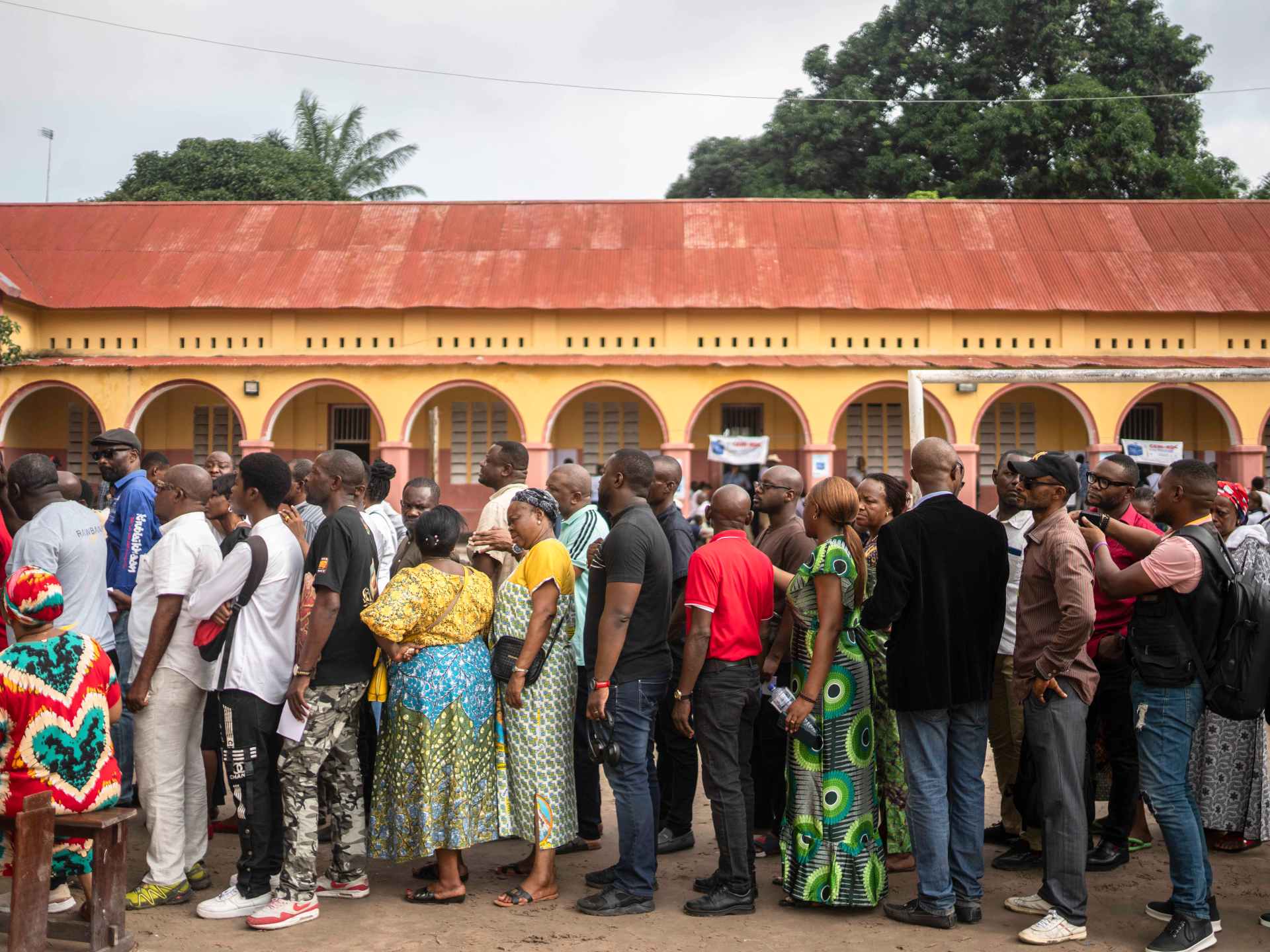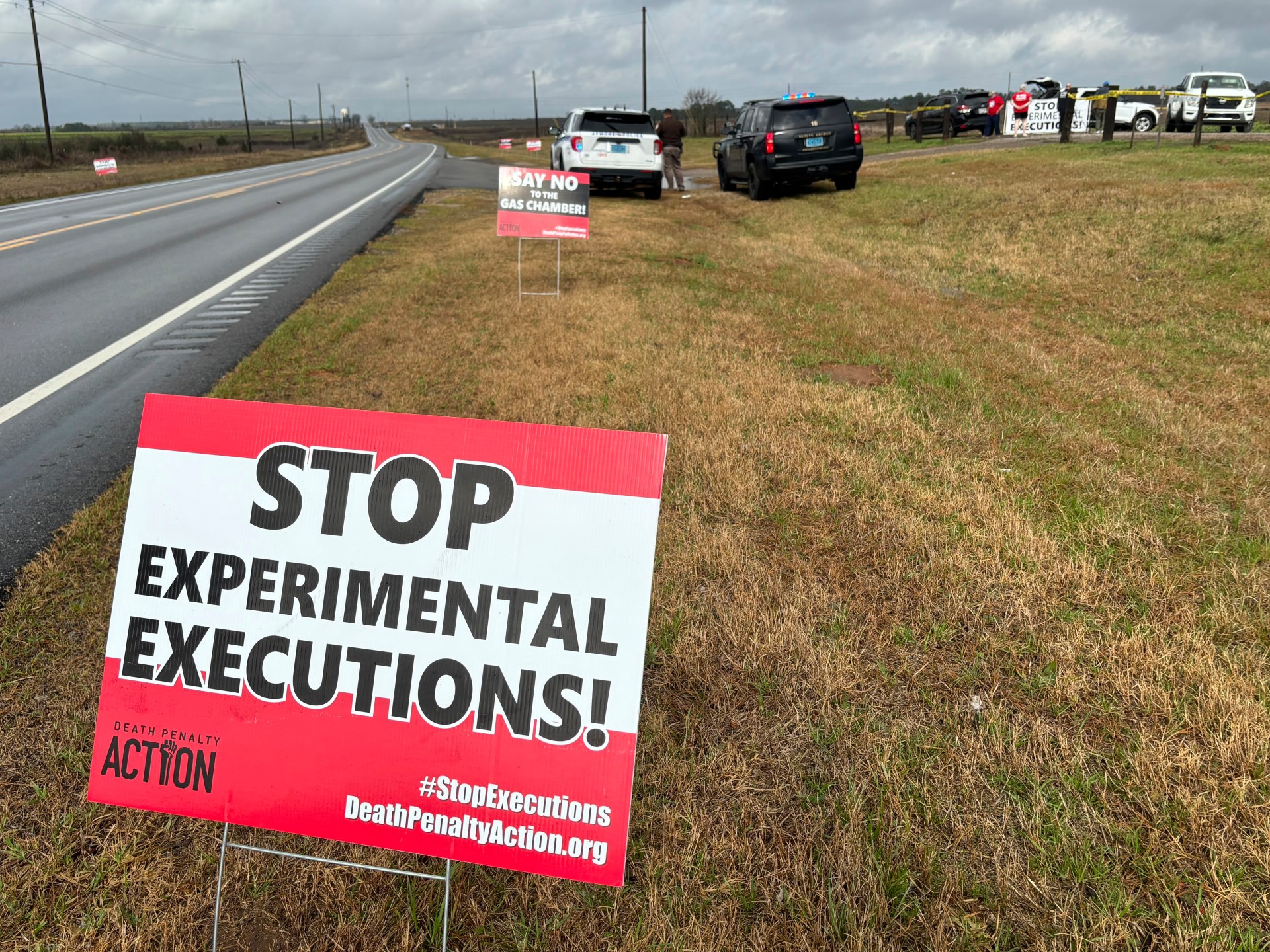
On January 9, the Democratic Republic of Congo’s (DRC) Constitutional Court upheld incumbent President Felix Tshisekedi’s landslide victory in the hotly contested December 20, 2023 elections, but failed to lift the Central African nation out of its sweeping electoral crisis.
According to the Democratic Republic of Congo’s Independent National Electoral Commission (CENI) and the highest court, Tshisekedi legitimately won a second and final five-year term with an impressive 74 percent of the vote, ahead of Moise Katumbi and Martin Fayulu, who came second and third respectively. However, in the eyes of many, including failed presidential candidates Fayuli and Katumbi, the country’s synchronized presidential, municipal, provincial and national polls were a complete “farce” and perhaps even less trustworthy and legitimate than the chaotic 2011 and 2018 elections.
The joint observer mission of the Catholic Church and the Church of Christ of Congo (ECC) said it had documented 5,402 cases of serious irregularities at polling stations. The churches said these alleged anomalies — faulty voting machines, unopened polling stations, vote buying, looting of voting materials, substandard voter lists and ballot stuffing — could have compromised “the integrity of the results.”
On Christmas Eve, as chaotic elections continued in many places where the state failed to open polling stations on election day, the Archbishop of Kinshasa, Cardinal Fridolin Ambongo, expressed the feelings of countless disgruntled voters in the country when he said : “What should “It was a big celebration of democratic values that quickly led to frustration for many.”
In fact, it was extremely frustrating to see the Democratic Republic of Congo repeating the mistakes of the past and ignoring dire warnings. Last April, for example, Fayulu, who many independent observers believe won the country’s disputed presidential election in December 2018, published an opinion piece on this site warning that his country was “going there.” another sham election” and encourage CENI to change course and ensure a “free and fair” presidential election before it is too late.
However, Denis Kadima, the president of CENI, ignored this and other similar advice.
Confident as ever, he even launched a thinly veiled attack on the opposition just days before polls opened, claiming that there are “political groups in this country that are not ready for elections” that will “discredit the process no matter what we do.” do”. ‘. As the scale of the election fiasco became apparent in late December, Kadima labeled Fayulu and other candidates who understandably called for a repeat election as “sore losers.”
In the end, Fayulu and others refused to challenge Tshisekedi’s victory in court, saying state institutions were not trustworthy or independent. Now, for the second time in five years, the Congolese people are forced to accept the results of an apparently botched poll and a leader with a crisis of legitimacy.
It is time to admit that electoral misconduct and incompetence have become a significant threat to social cohesion, peace and development in the Democratic Republic of Congo. And unfortunately, this is a widespread and deep-rooted problem across the Southern African Development Community (SADC) region.
Take Zimbabwe, which has not held a single truly free, fair and transparent election since its independence from British colonial rule in April 1980.
President Emmerson Mnangagwa has won two disputed elections – in July 2018 and August 2023 – against his main rival Nelson Chamisa, leader of the main opposition Citizens Coalition for Change (CCC).
Last year’s polling stations, for example, were considered a colossal failure, with many polling stations opening late or not opening at all. The anomalies were particularly common in Harare and Bulawayo, traditional opposition strongholds, raising suspicions that the Zimbabwe Electoral Commission (ZEC) was seeking to suppress votes there and help the ruling Zanu-PF party. Meanwhile, the Zimbabwe Election Support Network (ZESN) and the Election Resource Center (ERC) said Zanu-PF actors used voter intimidation tactics across the country.
Understandably, Chamisa claimed the polls were a “blatant and gigantic fraud” while his party called for a rerun. And like the Democratic Republic of Congo’s Fayulu, he refused to challenge Mnangagwa’s corrupt triumph in court, claiming that Zimbabwe’s Constitutional Court had been “hijacked.”
Meanwhile, a SADC Election Observation Mission (SEOM) led by Dr. Nevers Mumba, the former vice president of Zambia, gave a damning preliminary analysis of the August 2023 election.
Among other things, the SEOM criticized aspects of the 2022 ZEC delimitation report and highlighted the controversial decision to exclude Savior Kasukuwere, a former Mugabe-era Zanu-PF minister, from the presidential election. In this regard, the Mission noted that “some aspects of the harmonized elections did not comply with the requirements of the Constitution of Zimbabwe, the Electoral Law and the SADC Principles and Guidelines Governing Democratic Elections (2021)”. A number of delays, it continued, had “had a domino effect by discouraging voters from voting in the first place” and had actually had the “unfortunate effect of casting doubt on the credibility of this electoral process.”
Harare condemned SEOM’s objective assessments and called for revisions to the preliminary report.
At the same time, state media launched a vicious smear campaign against Mumba, accusing him of being on a Western-sponsored “regime change mission” without providing a shred of evidence.
Meanwhile, South Africa’s President Cyril Ramaphosa defended Harare, as he usually does, by declaring that other countries like the US were also facing electoral problems – as if millions of frustrated and disenfranchised Zimbabweans even cared whether such problems also arise, so to speak in Washington.
This is not just a problem for Zimbabwe, the Democratic Republic of Congo or whichever country is experiencing the recent electoral debacle.
It is important to uphold SADC electoral standards in each and every member country, as Mumba boldly argued in his preliminary report, to improve our collective well-being in Southern Africa.
The SADC leaders have failed us all. The ability to deliver peace, stability and socio-economic change through the ballot box has become a mere pipe dream in most SADC countries.
Zimbabwe has extensive socio-economic problems, including an underperforming economy, an ailing health sector and decades of high unemployment. And every suspicious choice only serves to deepen these problems.
With ongoing insecurity in the provinces of North Kivu, South Kivu and Ituri, the mineral-rich Democratic Republic of Congo appears to be on the same path as Zimbabwe, and I fear SADC leaders appear poised to follow the rapid decline of the fragile democracy of the country to stand idly by.
Instead of drawing attention to sloppy practices in Western countries, Ramaphosa and his colleagues must insist that every SADC country adheres to SADC principles and guidelines governing democratic elections.
And if violations occur, SADC must impose punitive measures.
Since SADC member states have five years to prepare for the elections, they have no plausible excuse for holding substandard elections and effectively jeopardizing the socio-political stability of their countries.
To be clear, who the Congolese or Zimbabweans elect as their president is not controversial, but the electoral processes in the Democratic Republic of Congo and Zimbabwe must always be open, fair and transparent.
They must strengthen democracy and not promote open suspicion, division or violence.
In August 2005, SADC officially established the SADC Electoral Advisory Council with a mandate to transform election observation, the conduct of democratic elections and the prevention of election-related conflicts in the SADC region.
So far it has definitely not been successful.
SADC leaders have clearly diminished the Council’s intended effectiveness over the last 18 years, just as they have shamelessly sought to alter, undermine and ignore Mumba’s preliminary report on Zimbabwe’s sham elections.
The October 2023 local elections in Mozambique, the August 2022 parliamentary elections in Angola, the 2020 presidential elections in Tanzania and the 2020 presidential elections in Malawi were also affected by serious electoral violations, including allegations of fraud, vote rigging, violence and repression.
This is undoubtedly indicative of a broader malaise in southern Africa: democratic backsliding.
Going forward, SADC leaders must actively monitor the functioning of electoral bodies and make sure to implement effective interventions.
The Congolese people and Zimbabweans deserve better.
Southern Africa deserves better.
The views expressed in this article are the author’s own and do not necessarily reflect the editorial stance of Al Jazeera.






Recent Comments